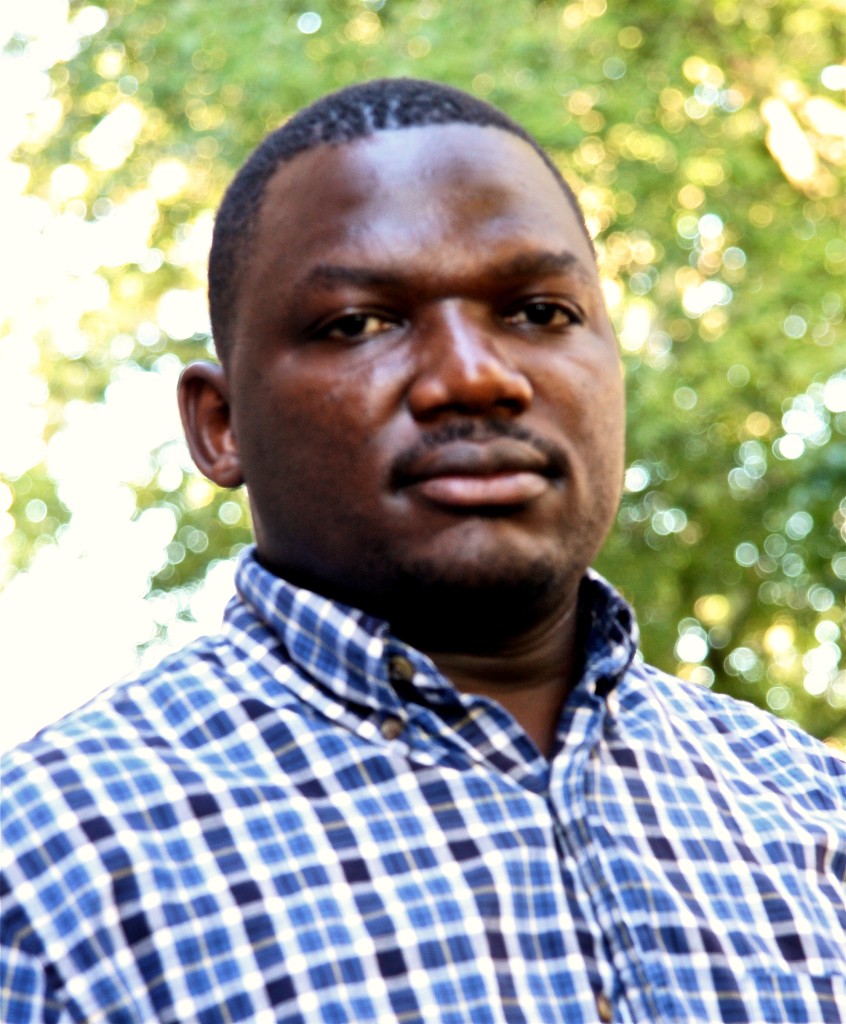 Meet any 6 years old, a peasant, or an 85 years old person in Uganda, and they will tell you that politicians are liars and not to be trusted. The apathy towards our politicians is so deeply ingrained in our society that it needs proper scrutiny. How did society become alienated from its leadership such that they no longer identify with their leaders?
Meet any 6 years old, a peasant, or an 85 years old person in Uganda, and they will tell you that politicians are liars and not to be trusted. The apathy towards our politicians is so deeply ingrained in our society that it needs proper scrutiny. How did society become alienated from its leadership such that they no longer identify with their leaders?
I started hearing the phrase “politics is a dirty game” in the post-Amin mid 80s. As a pupil, I was fascinated with reading English newspapers and Magazines, so I followed politics naturally.
The 80s was mostly pre-occupied with post Aminism. Stories where politicians were butchered or shot during firing squad dominated the media. The papers recited these stories with profound obsession with names and events described as if they happened only yesterday. Such stories were gory and instilled fear about politics its readers.
Ugandans feared to participate in politics because the Amin era brutality drove public interests in matters of governance away from the shades of the state. The militancy in Politics was seen as the monopoly of Amin’s carpetbaggers, kakwas and Sudanese.
The Obote II regime of 1980-85 also had its many shortcomings. Nonetheless, people got enticed back into liberation politics and governance. During this time, some semblance of order, peace, and democracy returned to Uganda’s politics, albeit the new intrigue ingrained in sectarian, tribal, and religious bigotry. Politicians did not feel as fearful as during Amin’s regime. The liberation struggle had changed the way people felt about the new Uganda.
Participating in Politics was not a death ticket. The politicians whose influence in politics was disrupted by the 1971 coup, felt that the opportunity had availed itself to participate in government again.
In the 80s, Ugandans had respect for their elected politicians and vice versa. Politics was ideological and leaders understood what “ideology” meant, in its truest sense. As such, all the parts of the economy worked within its natural limits. The politicians ensured that schools worked, co-operatives delivered to farmers, hospitals were up-to-date in stock and practice, Civil servants paid promptly, transportation system worked, and; roads were maintained. At least, in every village there was the presence of ROKO Construction Company – every month the yellow Caterpillar and Trucks either from Roko or Ministry of Works (Pida), graded and maintained the roads. Back then, things worked – telex, phone, and posta, all delivered on time. Development was predictable, incremental, equitable, and national in character!
It becomes clear then, that when the government responds to the social, economic and security needs of its people, the apathy and scrutiny towards its politicians reduces. Leaders are seenin positive light and respected. Their words are valued. When nothing works and yet politicians straddle village paths making promises, then the apathy escalates into distrust and then frustration. In the face of persistent systematic failures and structural collapse, the relationship between the people and their government naturally becomes frosty. If government cannot account the elected Representatives are held responsible.
The pre-Museveni Acholi produced some of the best politicians in Uganda. These were incorruptible leaders who valued their own integrity and that of their communities. The adage that “society gets the leaders that it deserves”, in Acholi was true. Our elected leaders back then, measured up to the community’s expectations. People like Zachary Olum, Andrew Adimola, Obadia Lalobo, Daudi Ochieng, JJ Otim, Alex Ojera, Otema Alimadi, EY Lakidi, Akena P’Ojok, Olanya Olenge, Wilson Oryema and so forth, where exemplary qualities of human beings.
Not to say that the Museveni-era did not produce good leadership in Acholi. Credits must be accorded to the generation of Norbert Mao, Reagan Okumu, Apila, Okello Okello, Odonga Otto, and all those leaders that held Acholi together during its most fragile moments of near annihilation.
Today, the commercialization of politics and individualism makes it hard for a society to maintain its moral standards and traditions that generated quality leaderships of the past. Our leaders of today are unconscionable, uncritical, superficial, and weak in character. To get elected, they must cling on to yellow color, a general, coercion instruments of bribery. Elections of these days are too coercive. It is a moment of traumatic chaos whose outcomes are pitiful; nothing representative of what society would truly wish for. As such, our Uganda only produces leaders that she does not deserve.
Mr. Komakech is a social critic and political analyst based in Canada. Can contact via mordust_26@yahoo.ca

